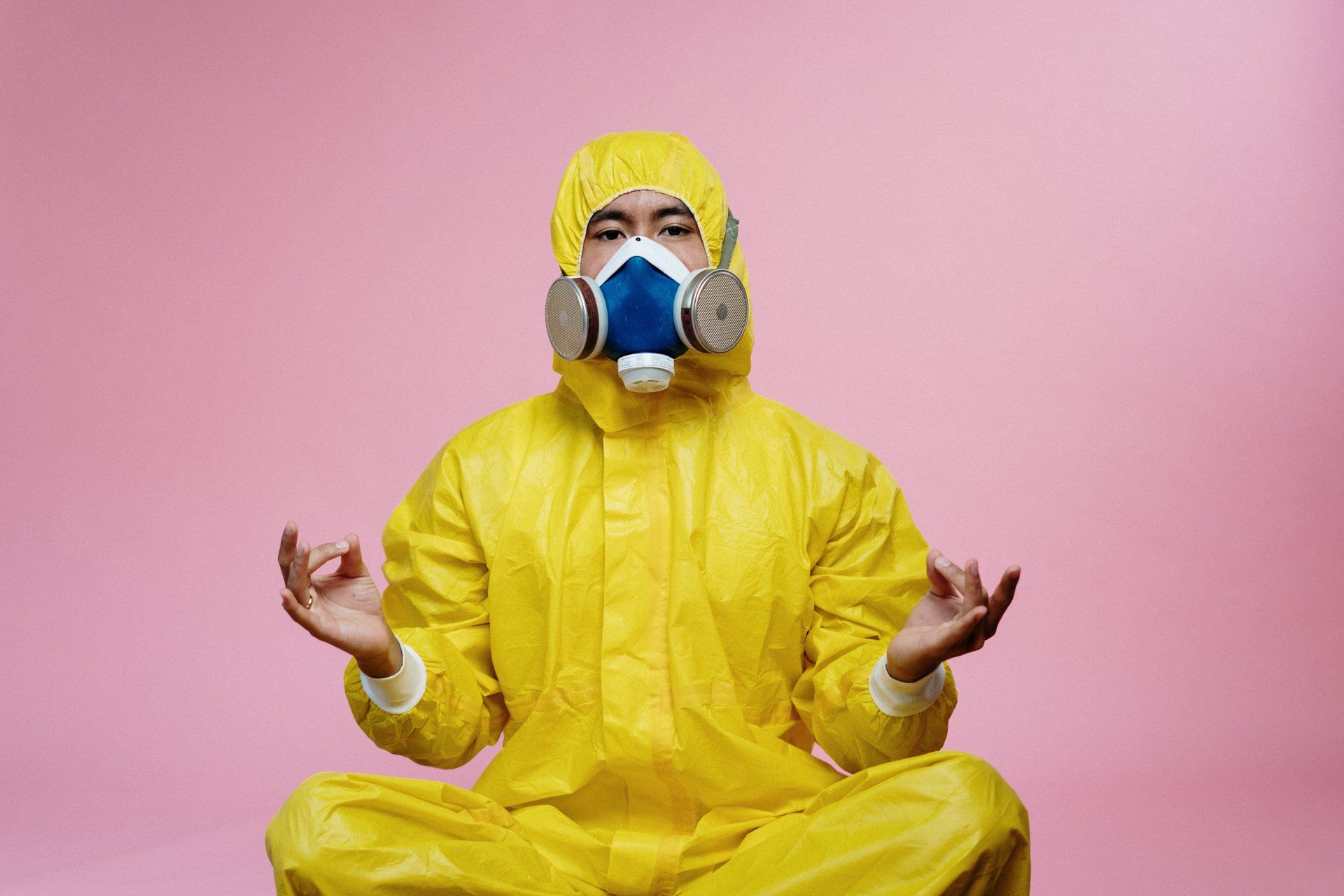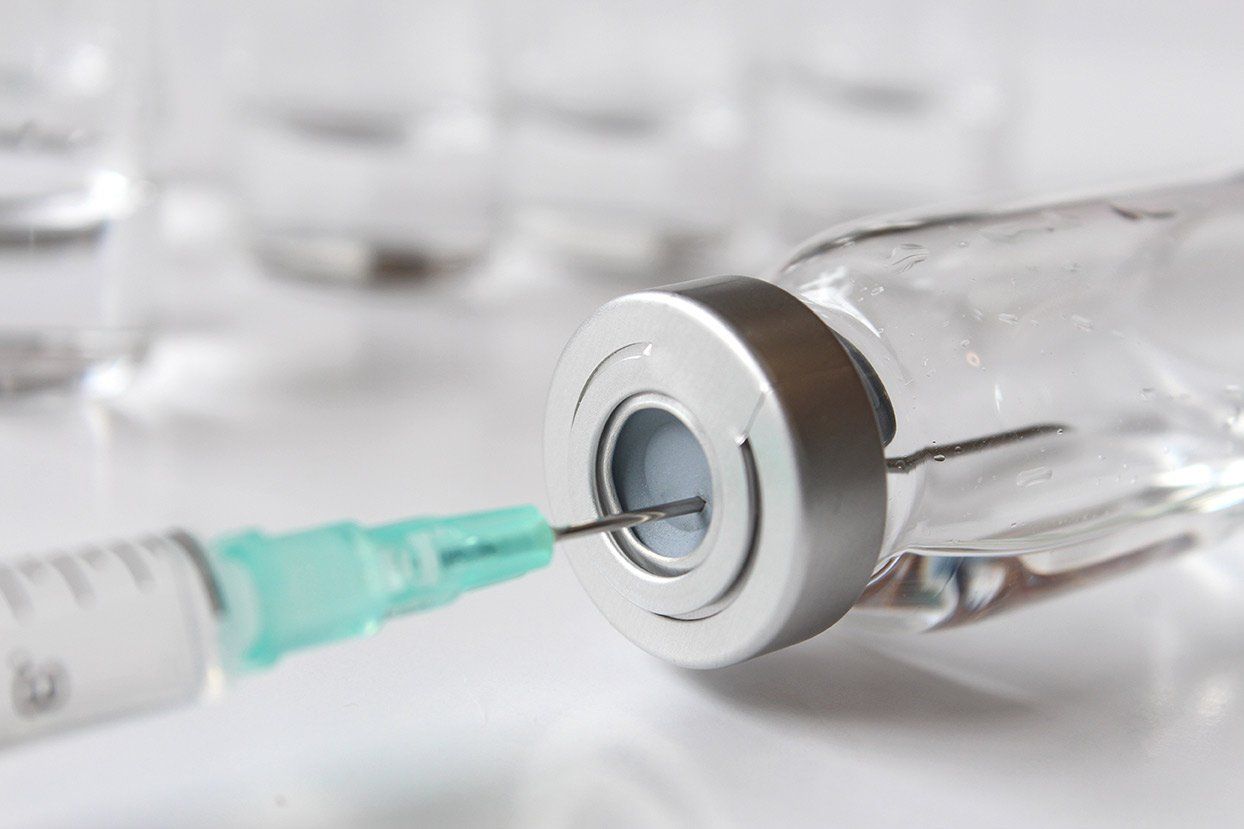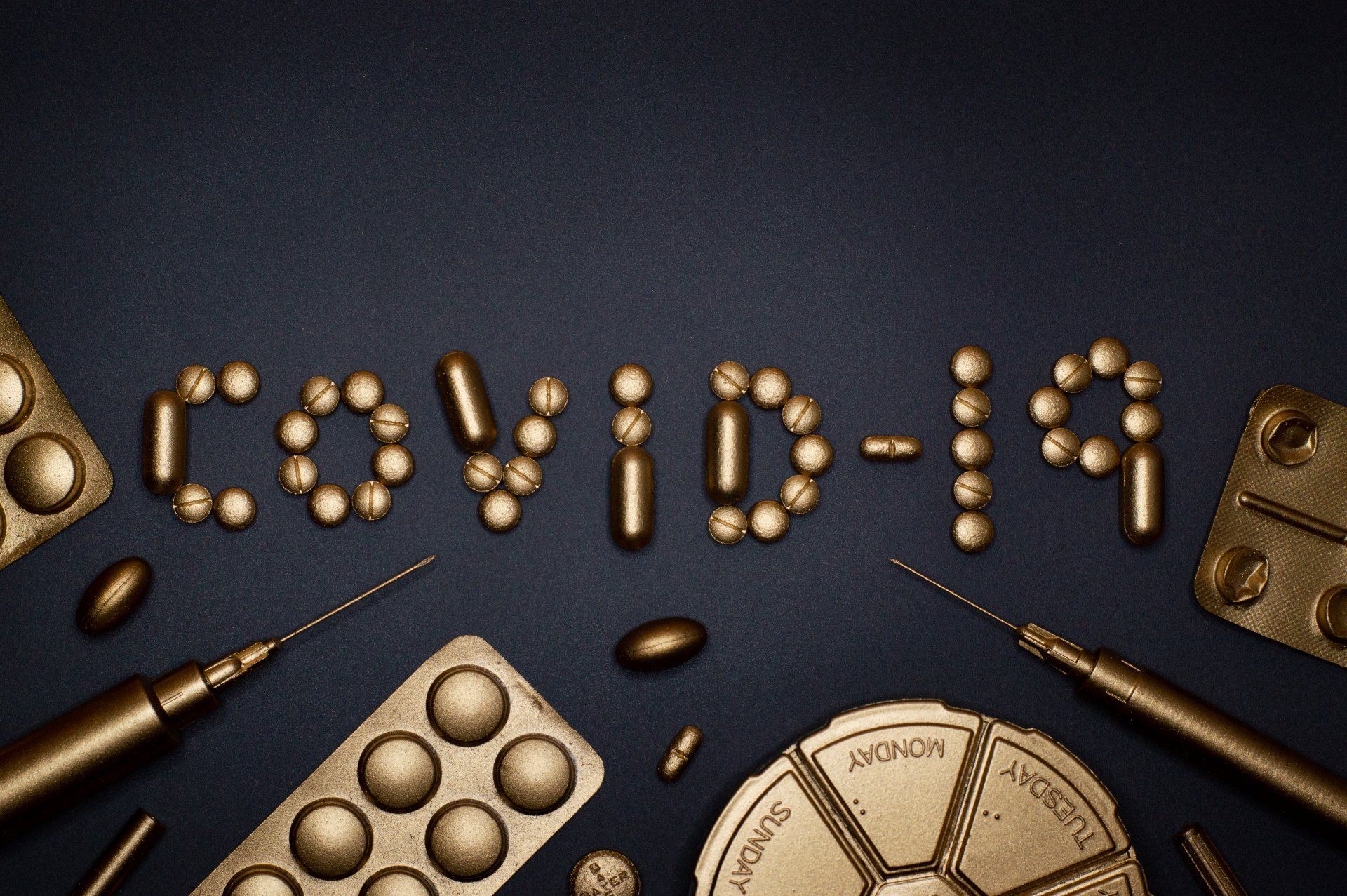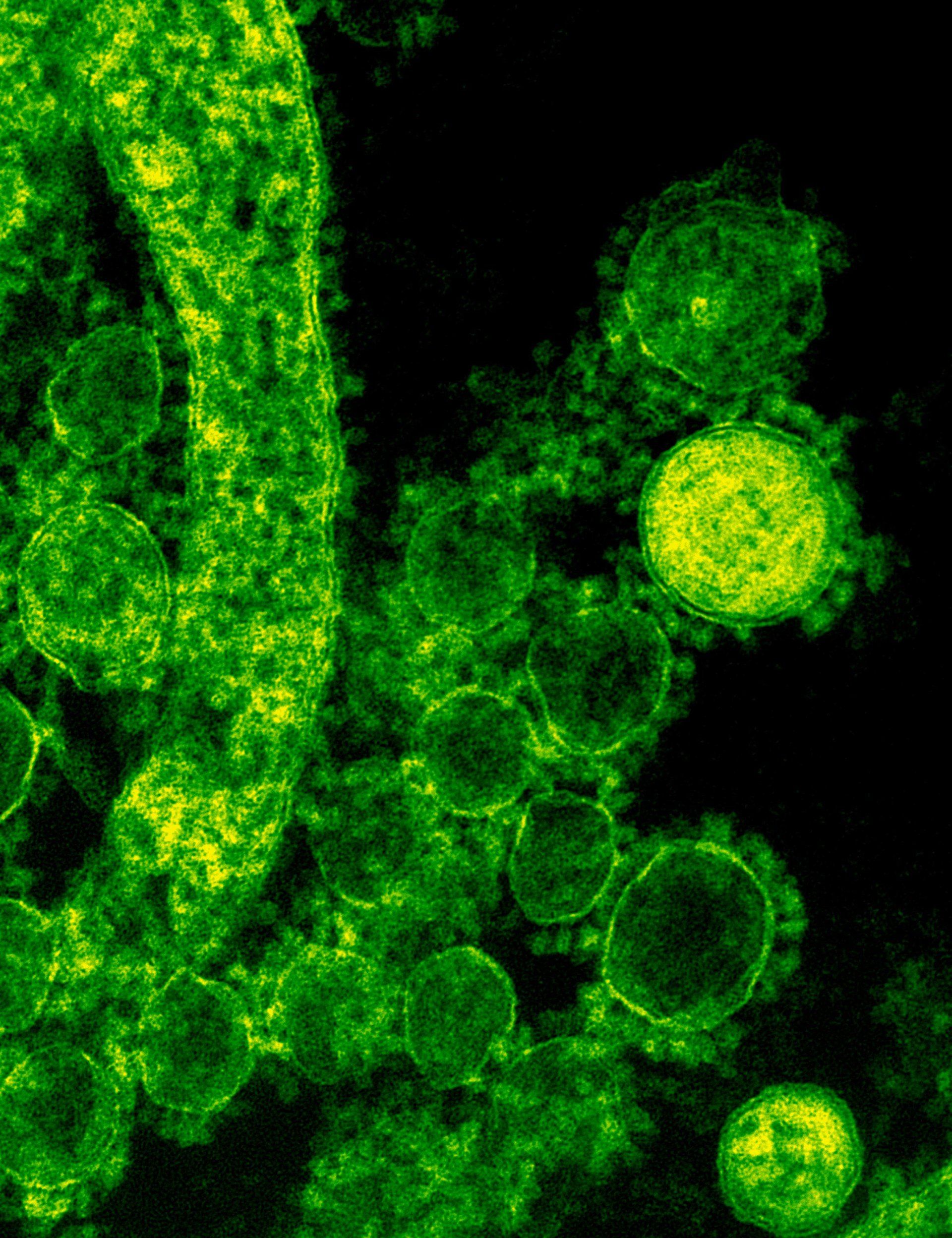Microbiology

On June 1, 2022, WHO (World Health Organization) stated that More than 550 monkeypox cases have been identified in at least 30 countries. First of all, What is monkeypox? I t is a zoonotic viral disease native to Africa. Cases usually occur near tropical rainforests, where animals that carry the virus live. Cases in the U.S. are rare and associated with international travel from places where the disease is more common. Zoonotic means that it can spread between species and in this case from- animals to humans. I t is a member of a virus family called orthopoxvirus . It has 2 distinct strains: The Central African (Congo Basin) strain. The West African strain. The Central African strain is known to spread more easily and cause more severe symptoms . What are the symptoms? Symptoms of the disease include: Skin lesions, Fever, Body aches. Chills Swollen lymph nodes Exhaustion The symptoms are similar to smallpox but milder . Severe cases are seen in patients with immune deficiencies and young children . Incubation period , the time from infection to onset of symptoms, can range from 5 to 21 days. The illness typically resolves within 2 to 4 weeks. Is it fatal? In recent times, the case fatality ratio of monkeypox is around 3-6%. How is it transmitted? Although transmission is limited between Humans, it can happen: Through close skin contact, Bodily fluids, Virus-contaminated objects. In contrast to what was being spread about its transmission method, specialists say that the disease is not an STD (sexually-transmitted disease), however, it can spread via direct contact during sex. Scientists still lack a lot of data, and that’s why they still can’t confirm how long it’s been spreading. It’s important to mention that it is thought by WHO that this virus is unlikely to outbreak and turn into a global pandemic like the COVID-19 virus. But again, they are not sure. Treatments that can be used? Usually symptoms go away on their own within few weeks, however, some individuals require treatment for recovery. “Tecovirimat (TPOXX), as both oral and IV medication is approved in the U.S. for treating smallpox and oral form in Europe to treat cowpox, monkeypox, and smallpox. The FDA approved brincidofovir (Tembexa) in 2021 to treat smallpox and it was tried with Monkeypox, however, it had poor efficacy. Is there a vaccine? There is an approved vaccine for monkeypox and it is called MVA-BN. Unfortunately, it is not widely available. This vaccine is also known as Imvamune, Imvanex or Jynneos) and was approved in 2019 for use in preventing monkeypox. Even though people who were vaccinated against smallpox will have a certain level of protection against monkeypox, they need to take precautions to protect themselves and the others.

Remdesivir.. I bet you’ve heard about this molecule during the pandemic. This molecule was originally approved by FDA in October 2020 for hospitalized patients aged 12 and above. (Their weight should be at least 40 kilograms) Properties of Remdesivir: This molecule is an antiviral drug that acts by limiting the SARS-CoV-2 replication. How? The virus has a machine that can use the human’s cell components to multiply itself. This machine is called the RNA-dependent RNA polymerase. Remdesivir is a nucleotide prodrug of an adenosine analog. This means that it mimics the function of another molecule that is used by the machine to build the virus. When Remdesivir sits in place of the molecule that was supposed to be in its place, it terminates the RNA transcription prematurely, thus preventing the virus from multiplying itself. The usual Adverse events that were observed include: nausea, Elevated transaminase levels, Increase in prothrombin time without a change in the international normalized ratio (INR), and hypersensitivity. Approvals: Intravenous Remdesivir is approved for treatment of: - Mild to moderate Covid-19 in high-risk, non-hospitalized patients (a 3-day course is initiated within 7 days of symptom onset.) - Hospitalized patients with Covid-19 (a 5-day course) FDA expanded the approval for the intravenous Remdesivir where It’s now available as FDA Emergency Use Authorization (EUA) for treatment of COVID-19 in non hospitalized and hospitalized pediatric patients: - Weighing 3.5 kg to 40 kg - Age <12 years and weighing > 3.5 kg. - Children as young as 28 days can be given the medication. A phase II/III study was done by “Gilead Sciences” and the scientists observed that 75% of the pediatric patients had clinical improvement at day 10, and 85% showed improvement at last assessment. Adverse events were reported in 72% of the children, and 21 % of them had serious adverse event. The FDA eventually assessed that the safety profile of Remdesivir is similar in pediatric subjects and adults. Adverse events that were observed in pediatric patients: Elevated levels of liver enzymes, allergic reactions, fever, shortness of breath, rash, nausea, sweating, or shivering. (2)

The molecule is called “Sabizabulin”, and the manufacturer is called “Veru”, an oncology biopharmaceutical company that is based in USA. This medication was being tested in moderate and severe COVID-19 cases, and it worked! The results show that it has the potential to cut the virus’s mortality rate by more than 50%. Note that the Mortality rate is a measure of the number of deaths in a particular population per unit of time. Usually in clinical trials, the study team perform an interim analysis, which is a statistical analysis done on the data at some point during the study to see if they continue with the trial or put it down. If the results are positive, the clinical trial continues recruiting more patients to reach its target. If the results are negative, the clinical trial may be terminated if it is clear that the study drug is not superior to the standard therapy/placebo. This study was randomized, double-blinded, placebo-controlled phase 3 Covid-19 clinical trial. Patients in both treatment groups were allowed to receive standard of care including remdesivir, dexamethasone, anti-IL6 receptor antibodies, and JAK inhibitors. Placebo group (n=52) had a 45% mortality rate compared to the sabizabulin-treated group (n=98) which had a 20% mortality rate. The interim analysis results were so good that it was unethical to continue giving the patients a placebo. An Independent Data Management Committee (IDMC) recommended the study to be stopped early due to overwhelming evidence of efficacy. The article published stated that Sabizabulin showed statistically and clinically meaningful 55% reduction in deaths compared to Placebo in Moderate-Severe hospitalized patients (p=0.0029). Regarding its safety profile, the medication was well tolerated, and no safety concerns were identified. The next steps is that Veru will meet with FDA to seek Emergency Use Authorization. This means that the medication may be available in the market in the next few months. Gary Barnette, PhD, Chief Scientific Officer of Very has stated that “What makes these findings more relevant is that the pharmacological activity of sabizabulin is independent of COVID-19 variant type.”






